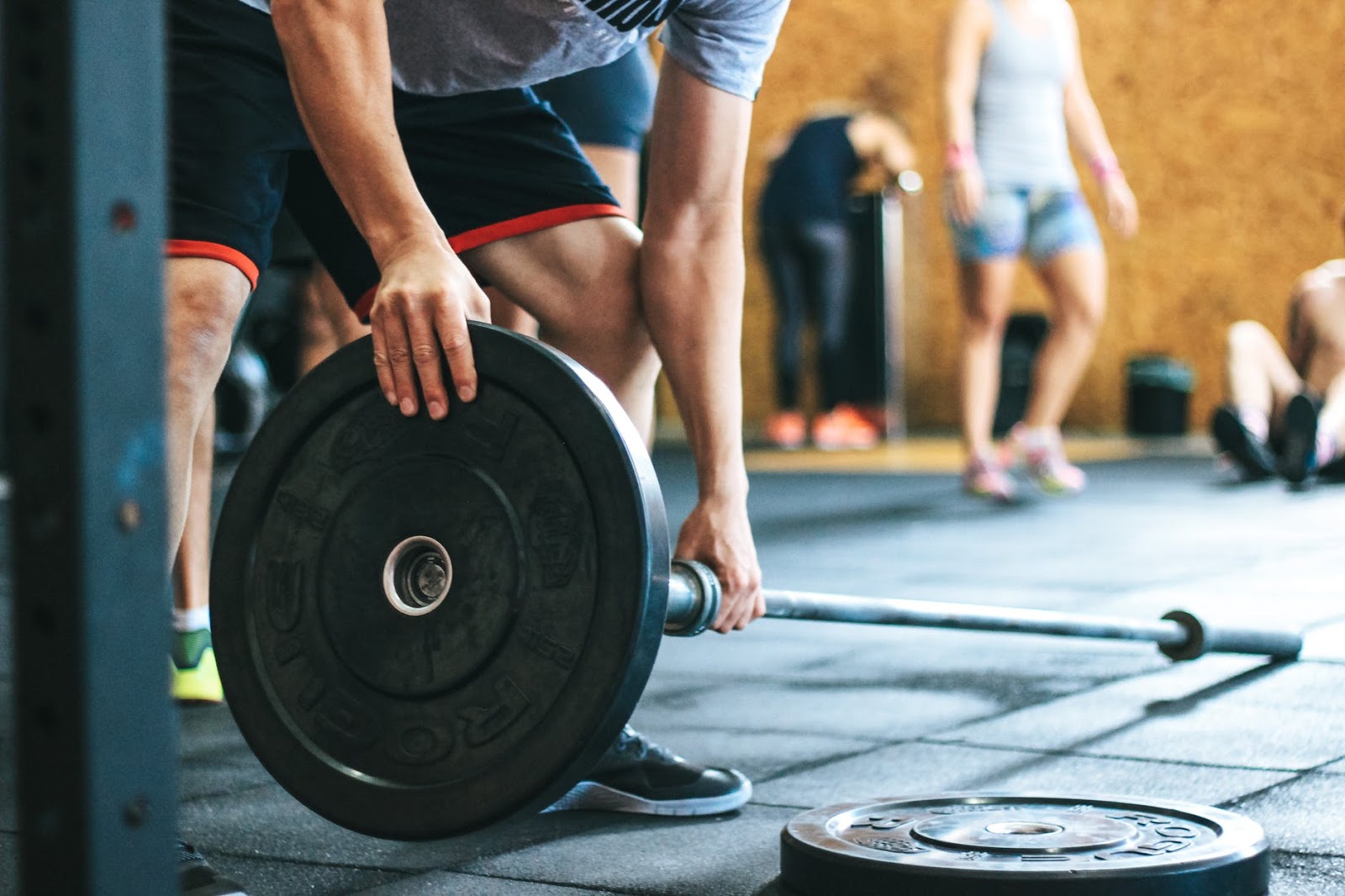Branched-chain amino acids, also known as BCAAs, have been a part of sports nutrition for decades. Bodybuilders, endurance athletes, and gym-goers who want to build muscle mass often incorporate BCAAs into their routine.
That’s because research shows the supplement can help with muscle growth, muscle repair and recovery, and fatigue during a workout. Branched-chain amino acids are also linked to a healthier immune system and better gut health.
While these are all scientifically backed benefits, part of strategic supplementation is knowing when to take BCAAs. The right timing ensures that all of the amino acids are properly digested, absorbed, and used to their full capacity.
What Are Branched-Chain Amino Acids?
To understand when to take BCAA supplements, it’s helpful to know what they are and how they work in your body.
Amino acids are the building blocks of proteins. There are a total of 20 different amino acids, but three of those are classified as branched-chain amino acids. The three BCAAs are leucine, isoleucine, and valine.
These specific amino acids stand out because they travel directly to your muscle tissue, which helps with muscle protein synthesis and muscle growth after a workout[*][*].
BCAAs can also reduce skeletal muscle damage and muscle soreness after resistance training (or weight lifting) exercises[*].
Some studies show that BCAAs can even reduce fatigue and increase energy during exercise[*]. Such benefits would help you work out for longer without feeling tired, a combination that’s especially helpful for endurance athletes and people who are training for a marathon.
Because of their positive effects on muscle, BCAA supplements are one of the most common supplements among bodybuilders. But even though they’re often hailed as a workout supplement, the benefits of BCAA go beyond muscle gain and muscle repair. They have some general health benefits too.
According to research, BCAAs can also:
- Boost your immune system[*][*]
- Keep your gut healthy[*]
- Improve brain health and reduce mental fatigue[*]
- Lower cortisol and increase testosterone levels, especially during exercise[*]
When to Take BCAA

When it comes to BCAA supplementation, timing matters. Although you can reap some of the benefits no matter when you take them, the best time to take BCAAs is right before a workout.
According to some studies, BCAAs reduce muscle soreness and muscle damage more effectively when taken before exercise[*][*]. Another study adds to these findings, stating that when you take BCAAs as part of your pre-workout routine, your muscles can use them as an immediate source of energy during long workouts[*].
And according to animal studies, when you take BCAAs before your workout, it can increase the amount of time it takes for your muscles to feel fatigued[*].
On the other hand, if you wait until post-workout to take a BCAA supplement, it can slow down digestion and delay gastric emptying — or how long it takes for food and digested material to leave your stomach.
As such, it can take longer for the BCAAs to reach your bloodstream, which means that you miss the optimal window for muscle growth[*]. Additionally, your body may not be able to use BCAAs for energy as quickly as it would if you took them before your workout.
Watch Your Dosage
While there are multiple health benefits of taking BCAAs, keep in mind that too much of a good thing isn’t necessarily a good thing. Research shows that taking 79 milligrams per kilogram of body weight is enough for most people[*].
If you weigh 150 pounds, you’ll do well with about 5,300 milligrams (or 5 grams of BCAAs) per day. If you weigh 200 pounds, that number jumps to about 7,100 milligrams (or 7.1 grams) daily.
When choosing a supplement, make sure the dosage is in line with these recommendations. If you’re an endurance athlete or you focus on bodybuilding, your needs may be slightly higher, but try to stay as close to this number as possible.
Finding a Keto-Friendly BCAA Supplement
Now that you know when to take BCAA, it’s also essential to make sure your BCAA supplement is keto-friendly.
Since BCAAs are naturally bitter, many supplement manufacturers add artificial sweeteners and flavors to improve their taste. If you’re only looking at their carb count, these artificial sweeteners may seem suitable for a keto diet. But they’re not the best choice for other reasons.
Artificial sweeteners can increase blood sugar and insulin levels and make sugar cravings worse[*][*]. Even though they don’t contain any carbs or calories, they may make you gain weight[*][*].
The best BCAA supplement is one that’s made with keto-friendly sweeteners like stevia, monk fruit, or erythritol instead. If you can’t find a BCAA supplement that fits this mold, you can get what you need from high-quality whey protein supplements instead.
Whey protein not only provides all three BCAAs, but it also contains all of the other essential amino acids. This makes it a complete protein. According to research, consuming BCAAs with essential amino acids may help them work even better[*][*].
BCAA Powder vs. Capsules
Many BCAA supplements are available as a powder to offer convenience. You can mix BCAA powder right into your water or pre-workout drink.
That said, BCAAs don’t naturally dissolve in water. Because of this, some of the available BCAA supplements have added ingredients, such as maltodextrin.
Maltodextrin helps BCAAs mix into your drink better, but it gets broken down into glucose, which means it can spike insulin levels[*]. This insulin spike can kick you out of ketosis and diminish some of the health benefits of taking the supplement in the first place.
If you can’t find a BCAA powder without these ingredients, take BCAAs in capsule form instead. Capsules often don’t have these added ingredients since you quickly swallow them without tasting them.
As a bonus, capsules are a convenient way to carry your BCAA supplement with you wherever you go.
Natural Sources of BCAA

While there’s nothing wrong with supplementing with branched-chain amino acids, you can also meet your needs through your diet. Some of the richest sources of BCAAs are animal proteins, like:
- Beef
- Lamb
- Pork
- Chicken
- Fish
- Eggs
- Whey protein powder
If you’re following a balanced keto diet, you’re probably already eating a good amount of these foods. You can also get branched-chain amino acids from plant-based foods.
Some options include keto-friendly nuts such as walnuts, cashews, and almonds. But keep in mind that plant-based proteins aren’t complete proteins — they’re missing some of the essential amino acids that can help you absorb BCAAs better.
Putting It All Together
Branched-chain amino acids can help you build your muscles and reduce muscle soreness. They also give you a source of energy during long workouts and keep you from tiring out too early.
They’re an excellent choice for bodybuilders and endurance athletes, but those who do any form of resistance training can benefit from them too.
While you can reap benefits from BCAAs at any time, the scientific consensus on when to take BCAA is before your workout. This helps ensure that your muscles can use BCAAs for energy and that they enter your bloodstream right when you need them. Also, BCAA can be found in Perfect Keto Pre-Workout.